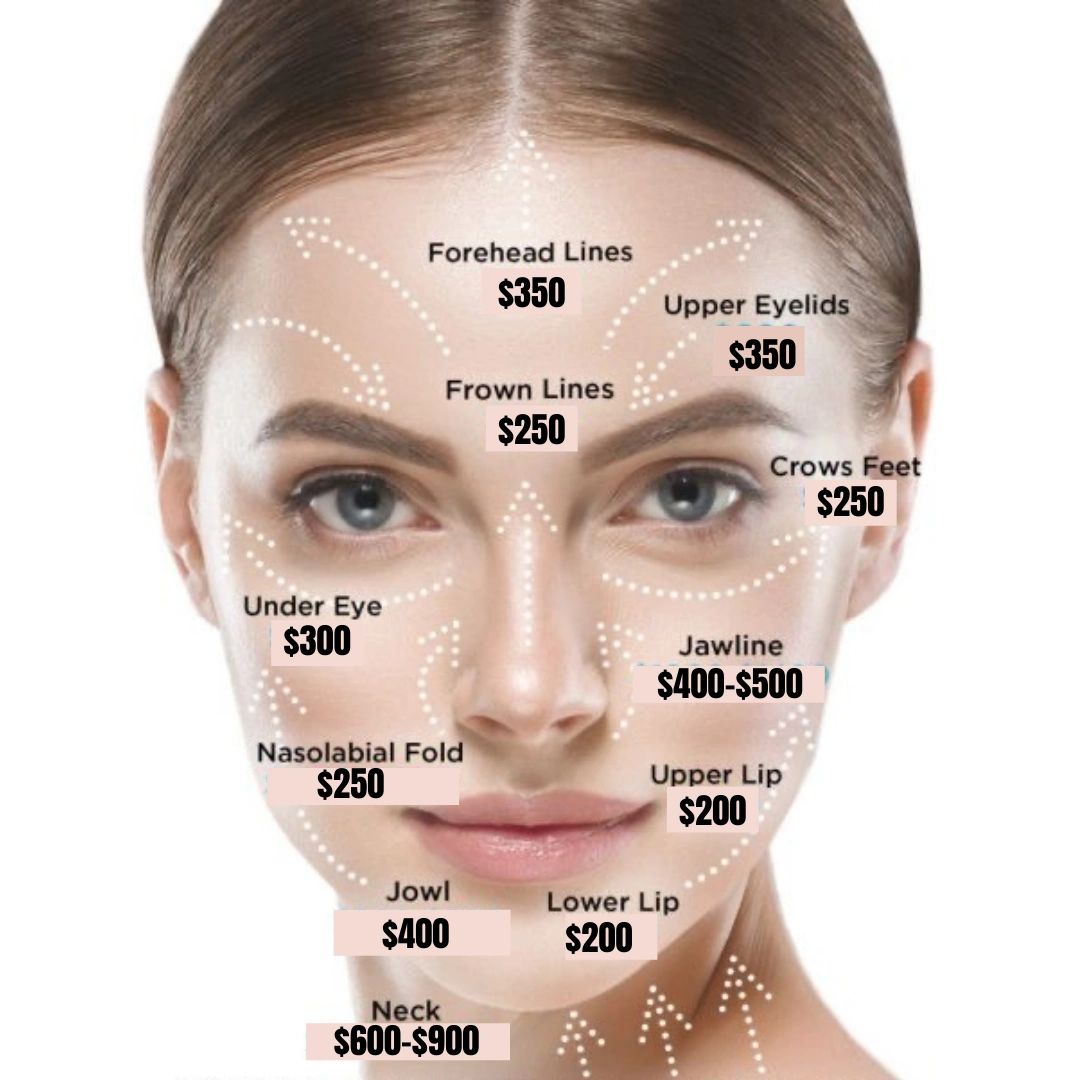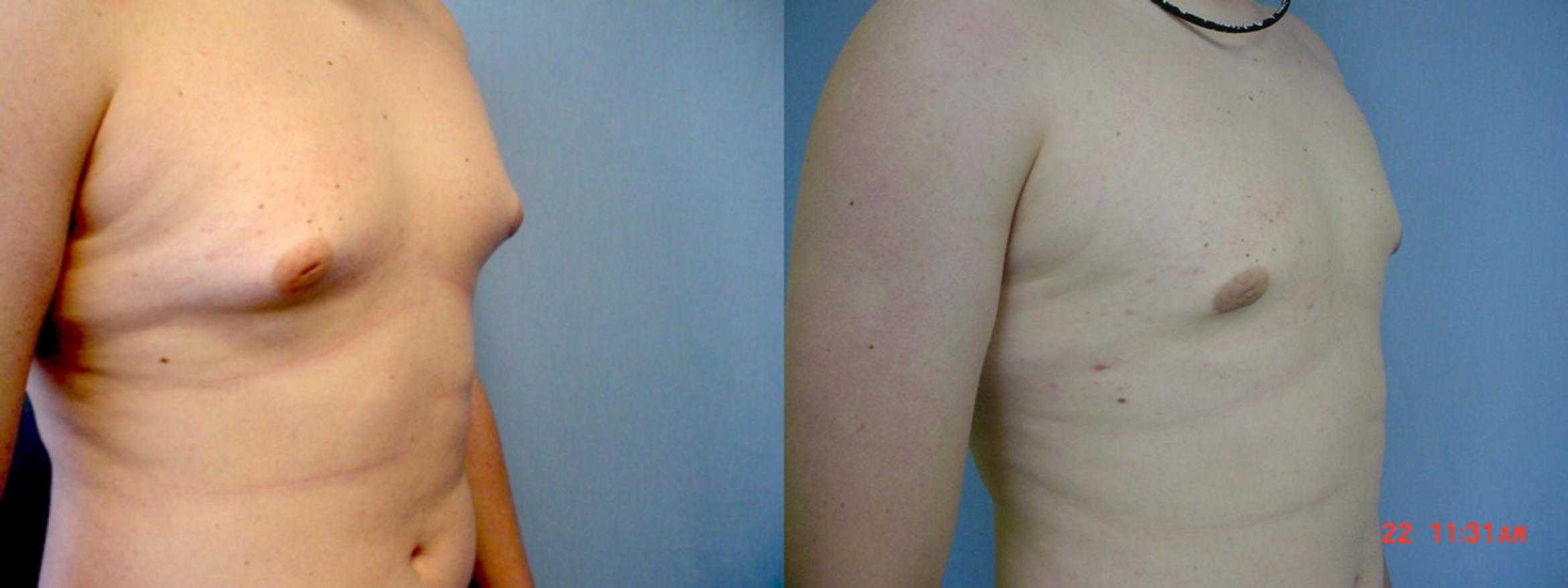
Having to make monthly payments for a nose job can be an expensive proposition. You'll find many ways to finance your procedure, including medical credit cards and no-interest financing. This article will also cover nonsurgical nose jobs as well as how to find the best cosmetic surgery. Here's a quick guide to finding the best option for you. First, find a surgeon who accepts medical credit cards. These cards will be accepted by your surgeon as payment options.
For nose job payments, credit card
Are you interested to apply for credit cards for your nose job CareCredit provides affordable healthcare credit cards that offer convenient monthly payments. This card is able to finance 100% for cosmetic procedures. There are no application fees. You can apply online, or visit a participating doctor's office to find out if they will accept your card. Once you have been approved, you will receive an immediate decision and can schedule your procedure immediately.
Another option for paying for a nose job is a credit card with no annual fee. These cards can earn a specific amount of rewards per purchase. There are also bonus categories that offer a higher reward rate. Some cards give higher rewards for cosmetic procedures like nose jobs while others pay lower returns on spending that is not bonus. Some cards offer high rewards rates for plastic procedures, while others offer lower rewards when you shop at pharmacies and get prescriptions filled. Compare all features to decide which card is right.

Cards for medical credit
Plastic surgery credit cards have been around for a while. These can be an excellent way to finance the procedure. However, be aware of high interest rates as well as prepayment penalties. There are some medical credit cards that have high annual percentage rates (APRs) that can ruin your credit. Another risk is that the card's terms and conditions may change without your notice. You might want to compare the advantages of different cards before choosing one.
You should also consider whether you can pay off your debts in full before the procedure. If you're unable to pay all the amount upfront, you might consider medical credit cards for nose job. The procedure can be paid off in as little as three months. Medical credit cards are available to help you pay medical bills, including for plastic surgery and other injectable treatments. The card is not difficult to get, but you may need several payments to get the final amount.
No-intrest financing to rhinoplasty
There are many cosmetic procedures that can be finance without interest. This option allows you to create a payment plan that suits your lifestyle and budget. Your surgeon may request that you pay the full amount of your bill. This can cause credit problems and could lead to your surgeon sending your account to collections. Your relationship with your surgeon may be damaged if you miss or delay payments. This could affect your future plans.
Although a nose job may seem expensive, there are options to obtain no-interest financing. Insurance may cover certain procedures, such as a deviated septum, but not cosmetic ones. Contact your insurance company to discuss your eligibility. Cosmetic procedures are often not covered by insurance, so you may need to use your savings to pay for your procedure. Other surgeons offer payment plans that allow you to pay over time.

Cost of non-surgical nose job
Surgical and non-surgical nose jobs have their advantages and disadvantages. A non-surgical job can cost more depending on which doctor you choose, but it is generally cheaper in large cities. The type and number of revisions required will affect the cost of the surgeon’s fee. Because surgical rhinoplasty involves more complicated procedures, fewer surgeons are performing it.
Most health insurance plans do not cover cosmetic procedures, but they may pay for rhinoplasty if it's a medical necessity or is due to a functional problem. Non-surgical nasal jobs may not be covered if you aren't suffering from a deviated Septum. Some plastic surgeons offer payment plans that can be paid monthly. If you are worried about the cost of the procedure, make sure you check your health insurance.